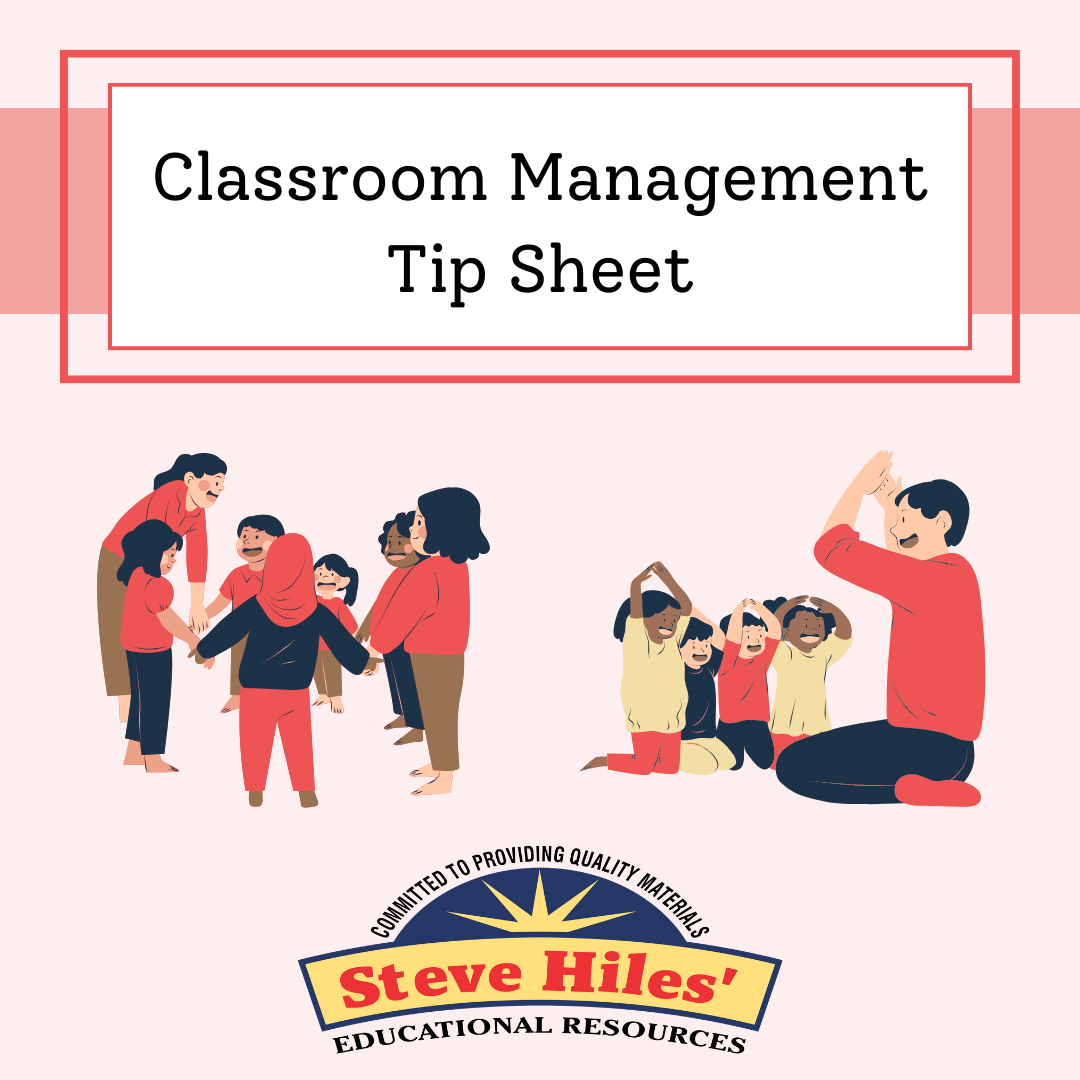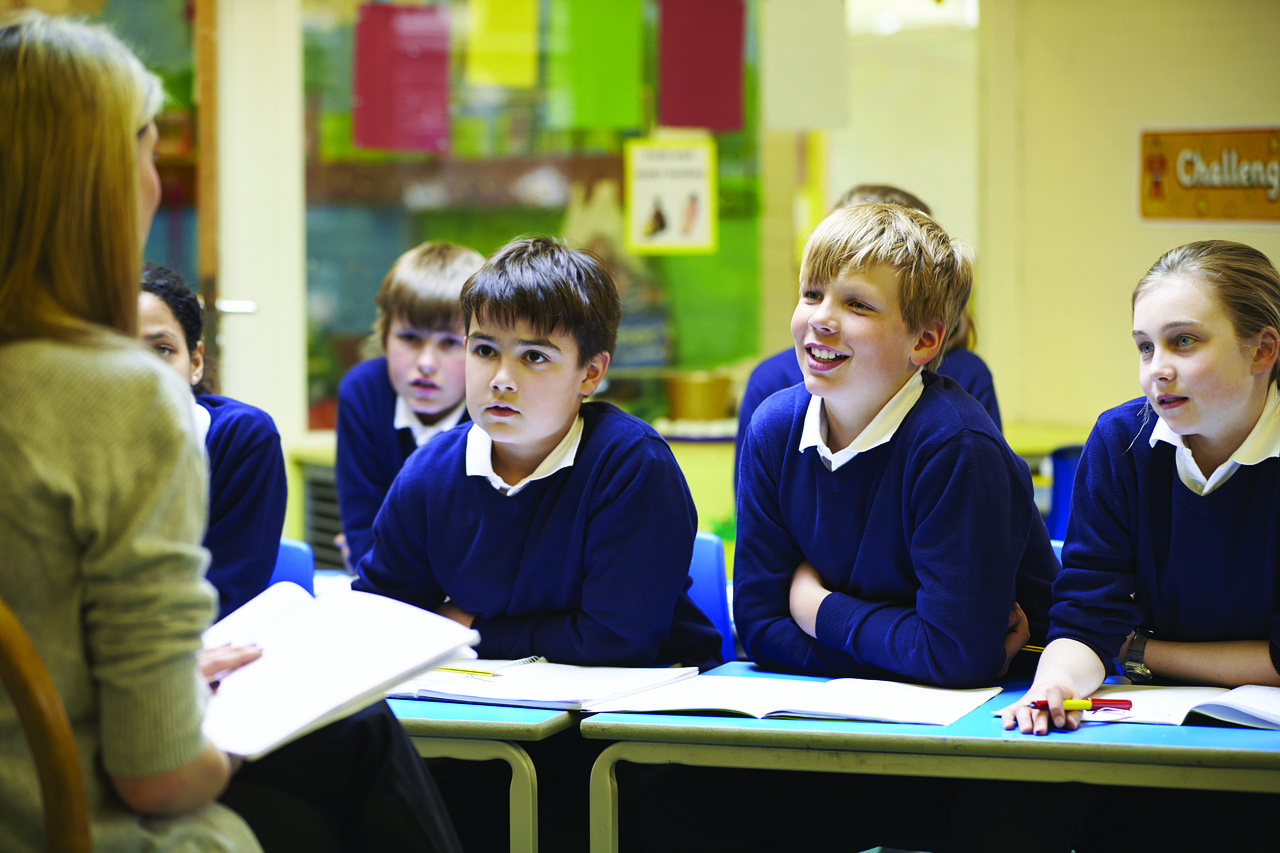If you are a teacher in a school where children are lucky enough to get recess, I’d recommend that it not be used as a disciplinary tool. As tempting as it might be, don’t deny students that have misbehaved recess to punishment them. Now during my teaching career, I have to be honest, I didn’t always follow my own advice. But looking at what research says I know there are better ways of handling these issues. I now believe if you take away recess, you will be doing a disservice to your students. we will address some of them.
After all, I found it’s usually one or two students that misbehave and to punish a whole class to me just isn’t a sound idea. It’s been my experience, that in very rare instances whereby the majority of the class misbehaves. Now if that’s the case then there’s something else at play here.
First of all, Given the value of recess regarding a student’s physical and social development, and the need for periodic breaks from classroom instruction, using recess as punishment is really inappropriate.
Instead of using recess as a punishment create a group agreement. When kids create their own rules, then they feel ownership to upholding those rules. As a class talk about what’s appropriate and what’s not. Ask your students to identify rules that the entire class should abide by. If every student agrees, write it on an anchor chart and post it in a conspicuous place. If someone disagrees, ask them why and discuss. When the list is complete have every student sign the rules. Now when a rule is broken, a quiet reminder from you and reiterate the fact that the class did agree on the rules will go a long way.
Secondly, developing fun lessons will go a long way with respect to managing behavior. When lessons are fun and engaging, students do not want to miss out. Give students ownership, ask interesting questions, let kids curiosity shine, and having discussions. Even play games with the kids, integrating the curriculum.
And most importantly, Give your elementary students the tools to succeed. Everyone benefits from different learning environments. Provide these to help students. Let students teach and lead others. Provide quiet, friendly reminders to students who are working to change bad habits. Also try providing students a safe space to take a time out when they feel they need it. Trust the child.
Try to help students develop self control, as they are young children, their interpersonal skills can be improved. Through stories and examples, teach calming techniques, such as counting backwards from 10 and visualizing. Have students practice in class either all together or individually. Then provide gentle reminders to students when they need to use self-control. If a student is acting out, then it is time to find out why. Pull them aside and tell the student what you’ve observed. State the facts about what you saw, and heard. Let the student determine how they are feeling. Sometimes a simple conversation can lead to better behavior. Other times, you may need to note how the behavior is affecting their learning, or dig deeper by further questioning.
While our educational system tells us that taking away something students look forward to is a way of teaching them a lesson, but in reality there are other ways to approach students that are misbehaving.
Taking away recess has become common practice among teachers trying to rein in unruly students. A study by the Robert Wood Johnson Foundation that found that 77 percent of school principals reported taking away recess as a punishment, while a 2006 study found 81.5 percent of schools allowed students to be excluded from recess. While teachers may think taking away recess is an effective way to punish students for bad behavior, recess plays an important role in children’s development. Research shows the value of recess: It gives kids a much-needed break from intense studying, teaches them social skills, encourages them to use their imagination, and allows them much needed exercise.
So why is this practice so prevalent? In her work mentoring teachers, Olga Jarrett, a professor at the College of Education at Georgia State University often hears teachers express frustration and a sense that they have few other options for controlling misbehavior in their classrooms. At one event where she discussed the importance of recess, a group of teachers from the same school asked, “What do we do? We give them silent lunch, and we keep them in at recess as punishment.”
Now, according to the American Academy of Pediatrics, recess plays a vital role in child development, benefitting children emotionally, socially, physically, and academically. The AAP believes that recess is a crucial and necessary component of a child’s development and, as such, it should not be withheld for punitive or academic reasons. In other words kids need recess, and recess should not be taken away from children to punish them for misbehavior or as punishment for not completing or incorrectly completing with their work.
Again, this cannot be stressed enough. Recess is not a privilege. It is not a reward. Children should not have to earn recess, and they should not miss recess as a punishment. Because recess is such a vital part of a students’ development, taking recess away from children makes as much sense as taking away math, reading, or spelling. It does not help them to become better students or better people. So, why are so many schools still using this form of punishment?
Well, perhaps it’s because it seems like a simple solution to unwanted behavior. The problem is that punishment is often less effective in correcting behavior than other forms of discipline. In the case of recess, this punishment is less effective because kids need recess in order to decompress, socialize, and get the wiggles out so that they can focus and behave better in class.
Another possible reason schools take away recess is that teachers are operating with limited time and options. Creative discipline can take time away from instruction and time away from other students.
So, how do teachers change or improve student behavior without taking away recess? There are no simple solutions, but one key is the support of administrators and parents. Administrators must work with teachers to come up with alternative forms of discipline and ways to improve student behavior (perhaps even offering more recess time). Schools must also keep the lines of communication with parents open. When parents know what teachers expect and how their children might be falling short of these expectations, they can help by taking action at home. It’s unlikely that taking a child’s recess away will result in a positive change in behavior. But taking way his television or electronics might.
Childhood is fleeting, and the amount of time children have to play during their day has decreased dramatically in recent years. Current trends in education have forced many schools to severely limit or is some cases eliminate recess. I don’t believe that this is right, and it certainly isn’t in the best interest of children. It might take some time to restore recess to its rightful place in the curriculum, but the first step toward restoring recess is to acknowledge that it is not a privilege reserved only for the well behaved.
But the question is, is there a way we could utilize recess time to make the students more disciplined and take away the idea of punishing students? I think that this is a very important point.
Make a plan
If a student’s behavior is consistently an issue, it’s time to get to the bottom of it! First ask the student what’s not working when the they are acting out? What are they trying to accomplish? Brainstorm things that could be done differently. Once you and the student agree on a plan, write it down.
Children are like a piece of canvas and how they turn out in the future is our responsibility as parents and teachers. The best attributes are developed in the initial years of education.
Lastly I would like to point out the co-relation of recess with socializing. Increased use and access to technology has allowed us to be connected to anyone in the world with the click of a mouse.
Sure it sounds amazing but the practical reality is the effects are somewhat unfortunate. A study shows that increased use of electronic devices is damaging the social skills in children, they appear to be more shy when they have to interact with someone in person, the presentation and interpersonal skills either do not develop or they lose opportunities because they do not know how to approach people.
While shyness is considered cute in younger children, if not addressed with practice it could lead to awkward situations in the adult life, and especially when they are in college or have to prepare for an interview.
Putting it all together, recess allows children to meet other kids and they learn how to approach people and how to talk and how they should be interacting with others depending on their age.
Recess is also a great time for teachers and other school staff members to observe the students’ behavior and how they interact and socialize with others.







